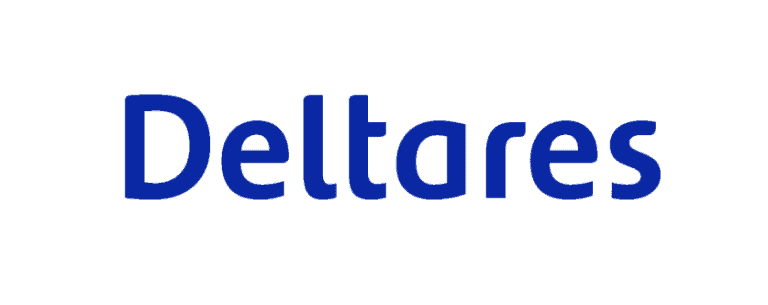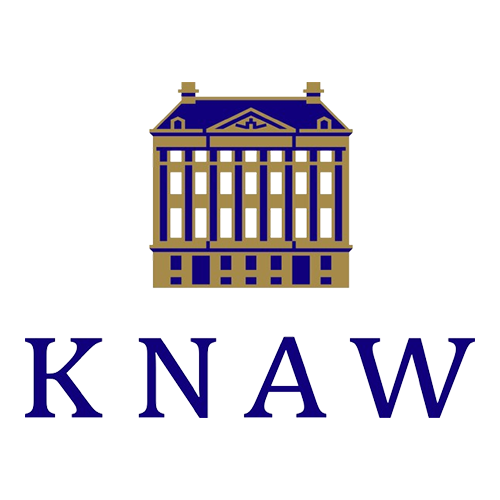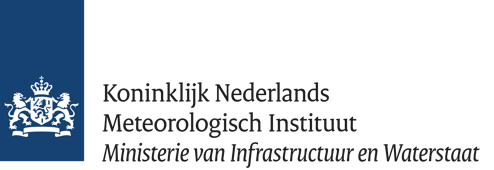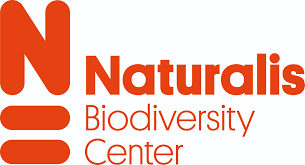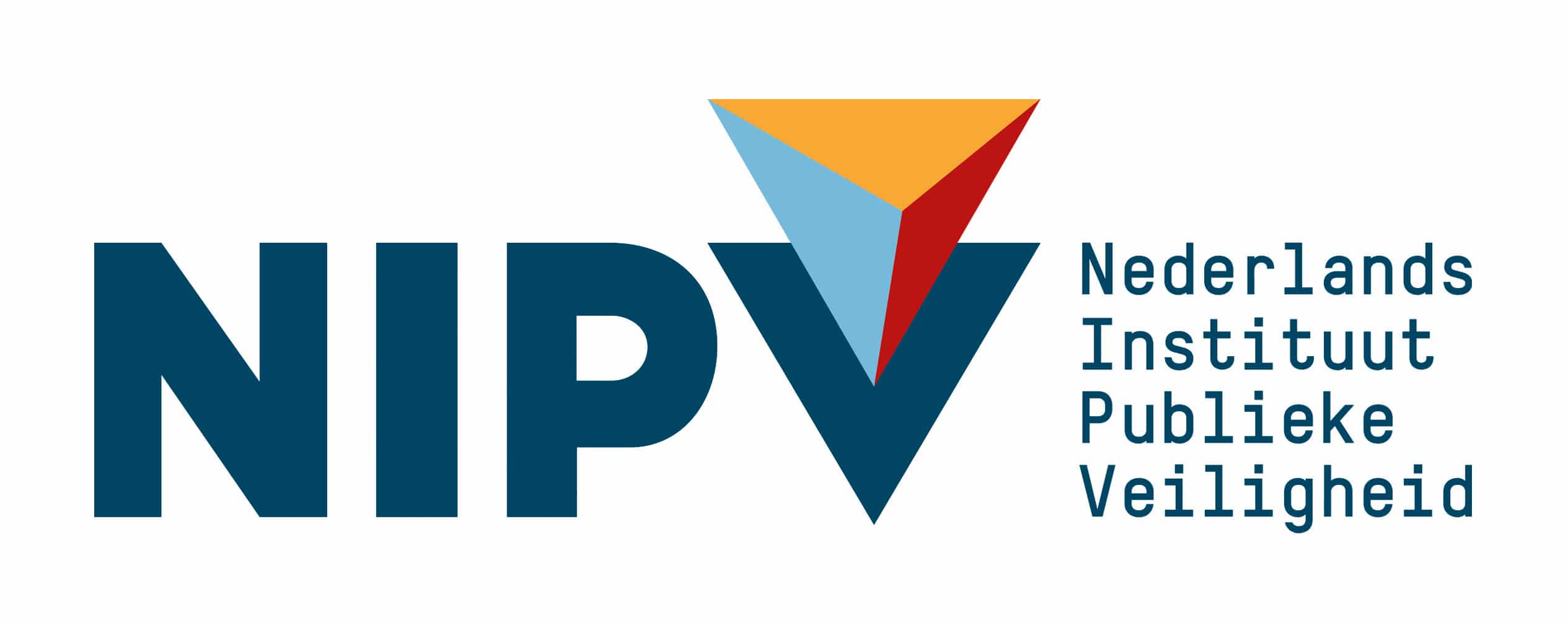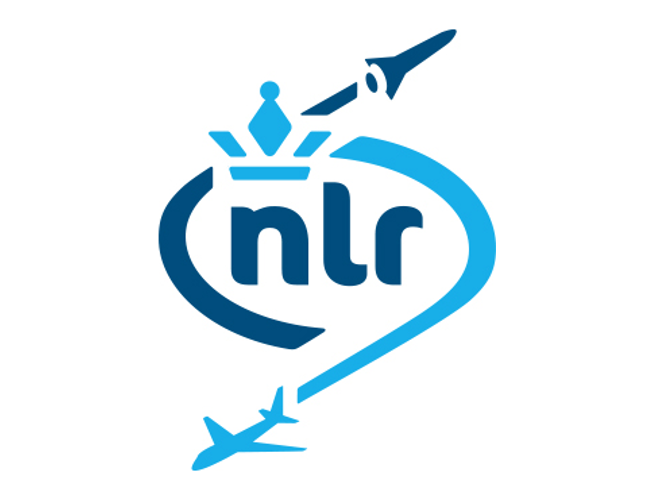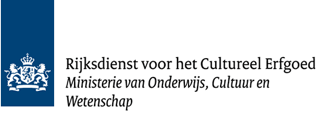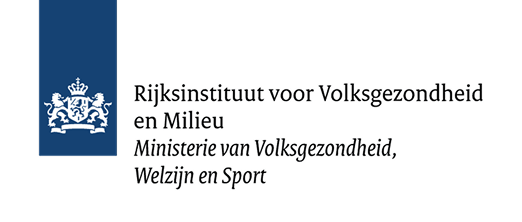About us
We are the Dutch Climate Research Initiative (KIN), the network institute where science and practice work together on the transition to a just climate-neutral and climate-resilient society.
To accelerate transitions, knowledge must flow more freely. From science to practice, and vice versa. That is why KIN promotes collaboration between researchers, policymakers and other climate actors. We create space to share knowledge, find answers together and change the system from within where necessary. This requires the courage to experiment and learn by doing.
Our goal is for everyone to have the right pieces of the puzzle in hand to turn good ideas into reality. So that knowledge does not remain on the shelf, but really makes a difference.
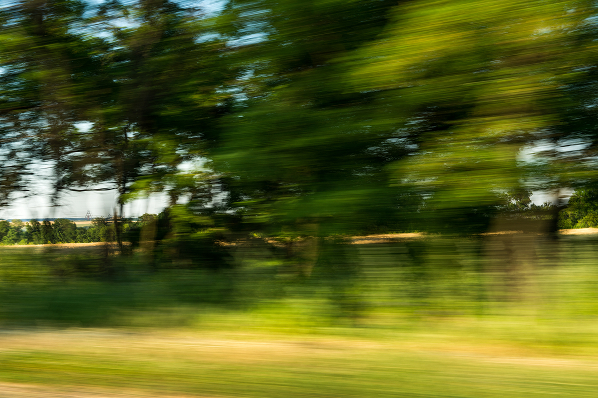
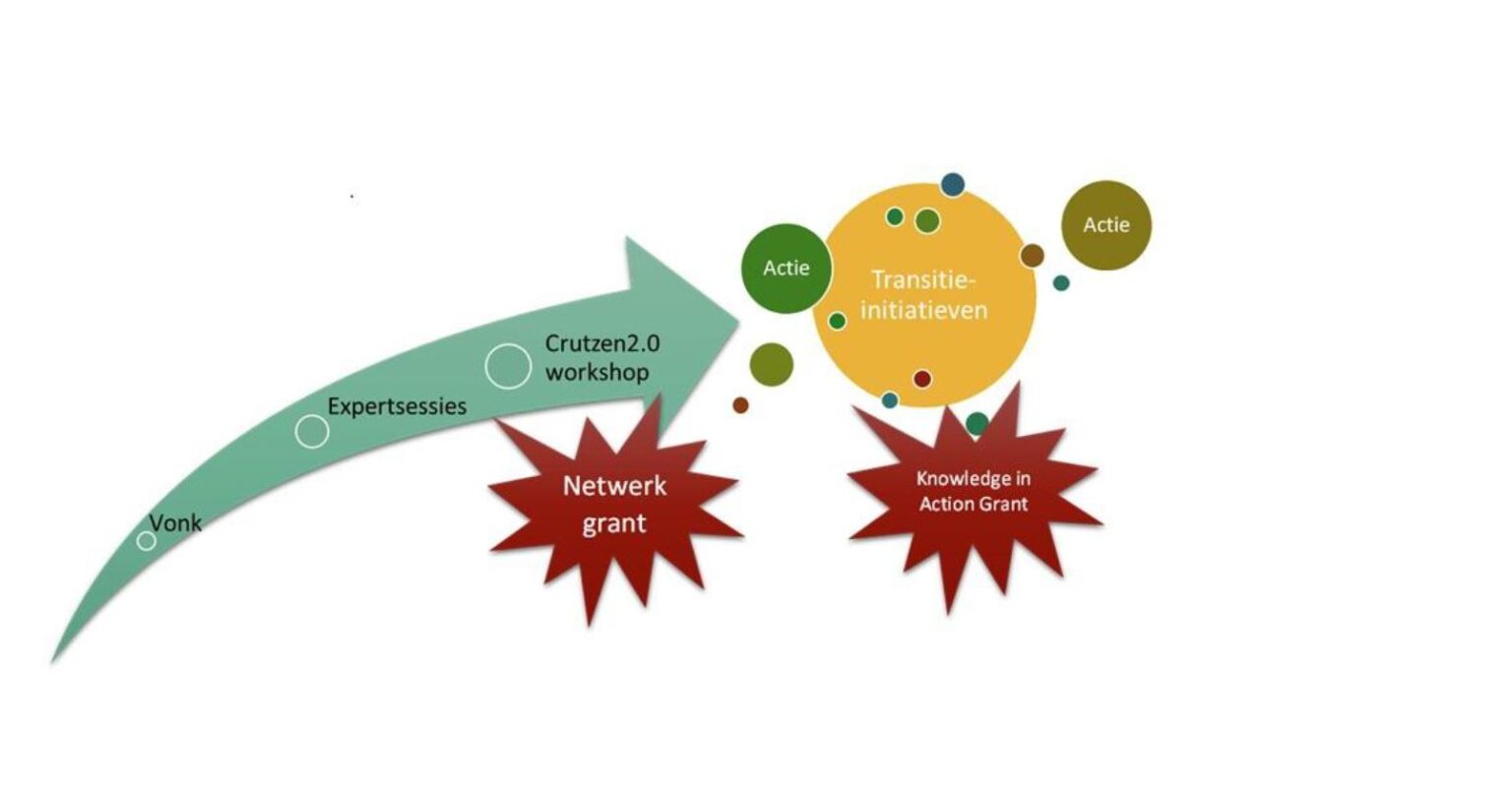
Our approach
There is no ready-made recipe for a just and sustainable future. At KIN, we believe that researching solutions for a better future requires a different approach than we are familiar with. In our Theory of Change (TOC), we outline what the path to change in our (knowledge) system might look like. Our Knowledge-in-Action Approach demonstrates the working method we are using and further developping for this.
Our view on just transitions
At KIN, we take a systemic approach. By this we mean a way of observing, researching and reasoning that considers a social (sub)system as a whole, with all the different processes, circumstances and actors that are part of it. This is because different elements within a system must change in order for the system as a whole to change. A just transition to a climate-proof future is the starting point for this.

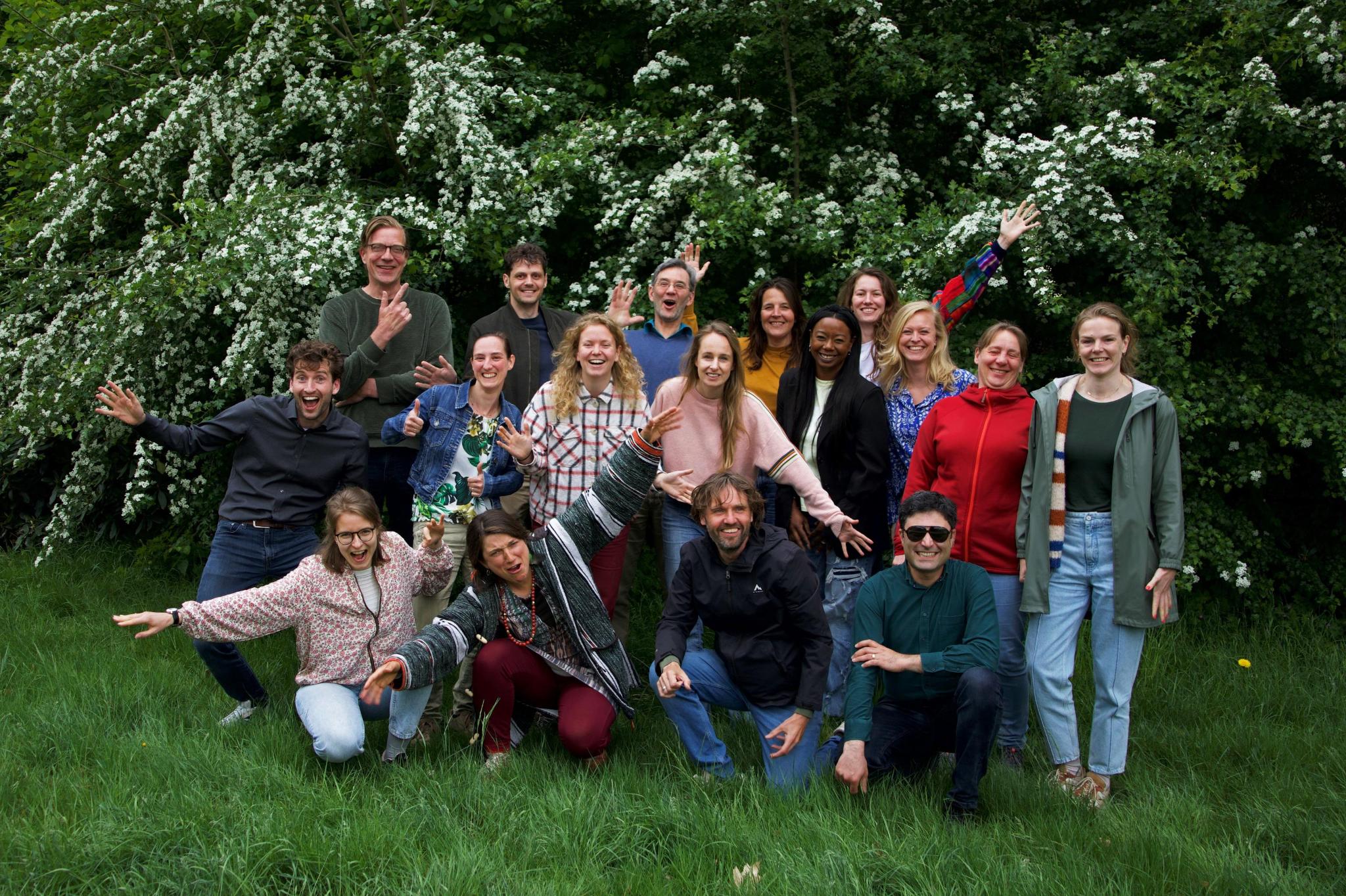
Our team
At KIN, we work with around 20 colleagues on our mission: accelerating the transition to a climate-proof and climate-neutral future. We are idealists, creative minds and tireless go-getters who believe that the transition can be faster and fairer. Together with a large network of social and knowledge partners, we develop programmes, set up projects and enter into partnerships to put scientific and practical knowledge into action for fair transitions.
How we are organized
The KIN was established in 2023 as a coordinating body of NWO (the Netherlands Organisation for Scientific Research) with the aim of utilising Dutch science as effectively as possible to prevent the worst irreversible consequences of climate change. Within NWO, the KIN has its own mission and a unique approach to achieving this goal.
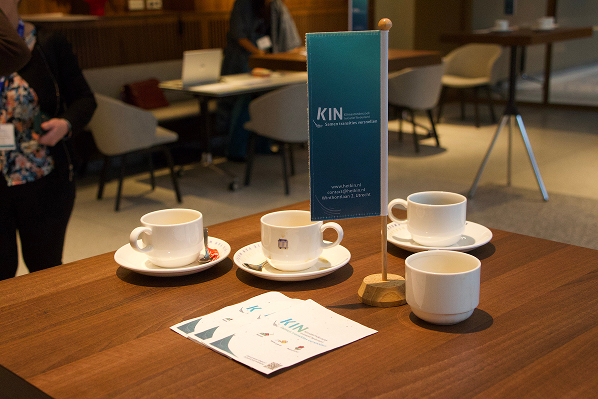
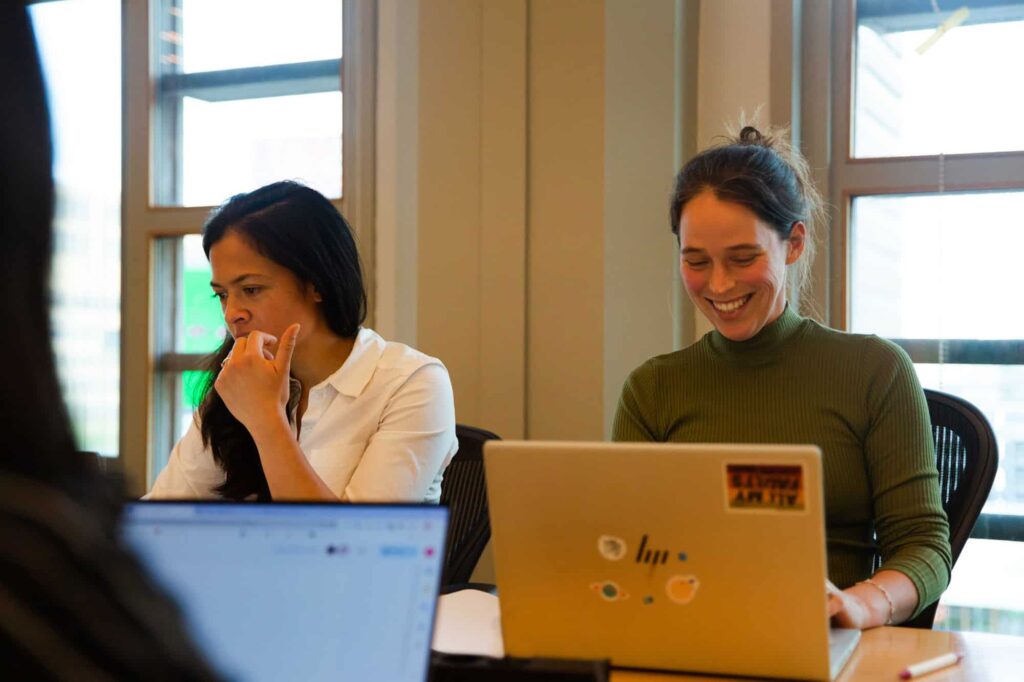
Jobs
Does KIN appeal to you and your mission? We regularly have vacancies in our team. If you work as a researcher, policy officer or climate professional at a social institution, in government or in the business sector, you can of course also join KIN via the KIN Pact!
Frequently Asked Questions
Do you want to collaborate? Or do you wish to find out more about KIN?
Do you work for a knowledge institution, social organisation, province, municipality, national government or a mission-driven company, and are you interested in collaborating with us? Or do you have any questions about KIN? We look forward to hearing from you.



